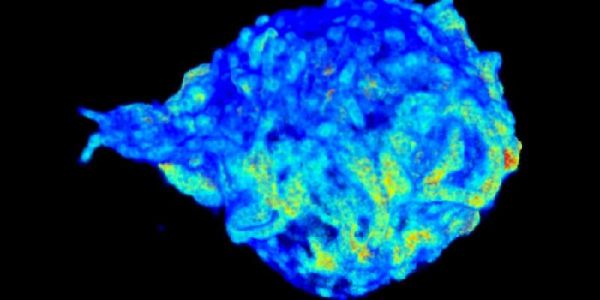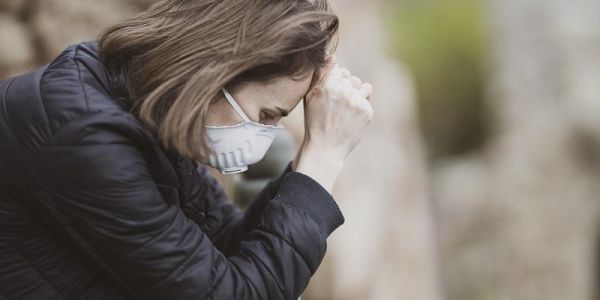
'Our low-carbon future needs to be circular'
The renewable energy industry needs to adopt the ideas of a circular economy, where equipment is designed to be reused or remanufactured when it reaches the end of its operational life.

The renewable energy industry needs to adopt the ideas of a circular economy, where equipment is designed to be reused or remanufactured when it reaches the end of its operational life.

The University has joined forces with Leeds Beckett University and Leeds Arts University to develop a Digital Pride programme that evokes Pride’s ethos.

A Leeds academic has received a top award from the Royal Academy of Engineering for work which has had “widespread and significant impact” in tackling the spread of coronavirus.

Two thirds of women are putting off going for cervical screening due to fear or past experience of pain and discomfort, according to a new study.

Visualising how molecules move in cells or interact with drugs will be possible with one of the world’s most advanced imaging centres being developed at the University.

Researchers have identified a pattern of longer-term symptoms likely to be experienced by people who were hospitalised with COVID-19.

A post-lockdown economic recovery plan that incorporates and emphasises climate-friendly choices could help significantly in the battle against global warming, according to a new study.

Glaciers in the Southern Alps of New Zealand have lost more ice mass since pre-industrial times than remains today, according to a new study.

Paul Taylor, Professor of Chemical Education at Leeds, has been awarded a National Teaching Fellowship, it was announced today by Advance HE.

New scanning protocols have been drawn up for the thousands of expectant parents affected by pregnancy complications each year.